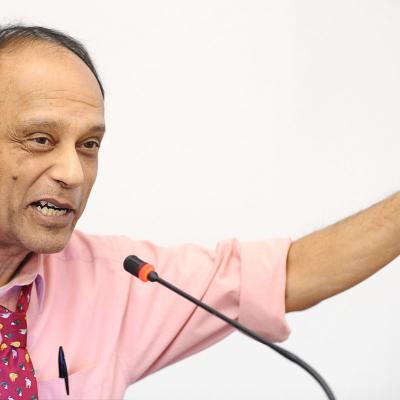Experts Launch Two Reports On Global Biodiversity
More Effective Regulations Recommended
28 Jul 2022 by The Water Diplomat
BONN, Germany
The 9th session of the Intergovernmental Science Policy Platform on Biodiversity and Ecosystem Services (IPBES) took place in Bonn, Germany from 3-9 July.
The purpose of the meeting, which had been postponed as a result of the Covid 19 epidemic, was the approval of two reports: the Sustainable Use Assessment which reports on the sustainable use of wild species, and the Values Assessment, which reports on the diverse values and valuation of nature.
These two reports build on the global assessment report on biodiversity and ecosystem services produced by IPBES in 2019. The 2019 report had stated that the global decline in biodiversity that the world is witnessing is declining most rapidly in freshwater ecosystems, with an 81% decline reported since 1970.
The report also identified five drivers of biodiversity loss in freshwater ecosystems, i.e. changes in land use, direct exploitation of organisms, climate change, pollution and invasive alien species.
The Sustainable Use Assessment points to the increase in the volume and value of the trade in wild species, without significant value to local populations. The authors recommend more effective regulation of trade in wild species.
The Values Assessment emphasises the wide range of values that nature offers, including less tangible values that support the web of life on the planet, help to regulate the water cycle, and the existence value of individual species.
Many of these values cannot be expressed in monetary terms, and the pressures placed on ecosystems are not directly visible through consumer or investment choices. Therefore, taking the wide range of values embedded in biodiversity into account can help consumers to understand the costs of over exploitation of nature.
Related Topics

21 Feb 2021 LONDON, United Kingdom
"Nature is our home. Good economics demands we manage it better,” said Cambridge University economist Professor Sir Partha Dasgupta on 2 February as he presented his highly anticip...
